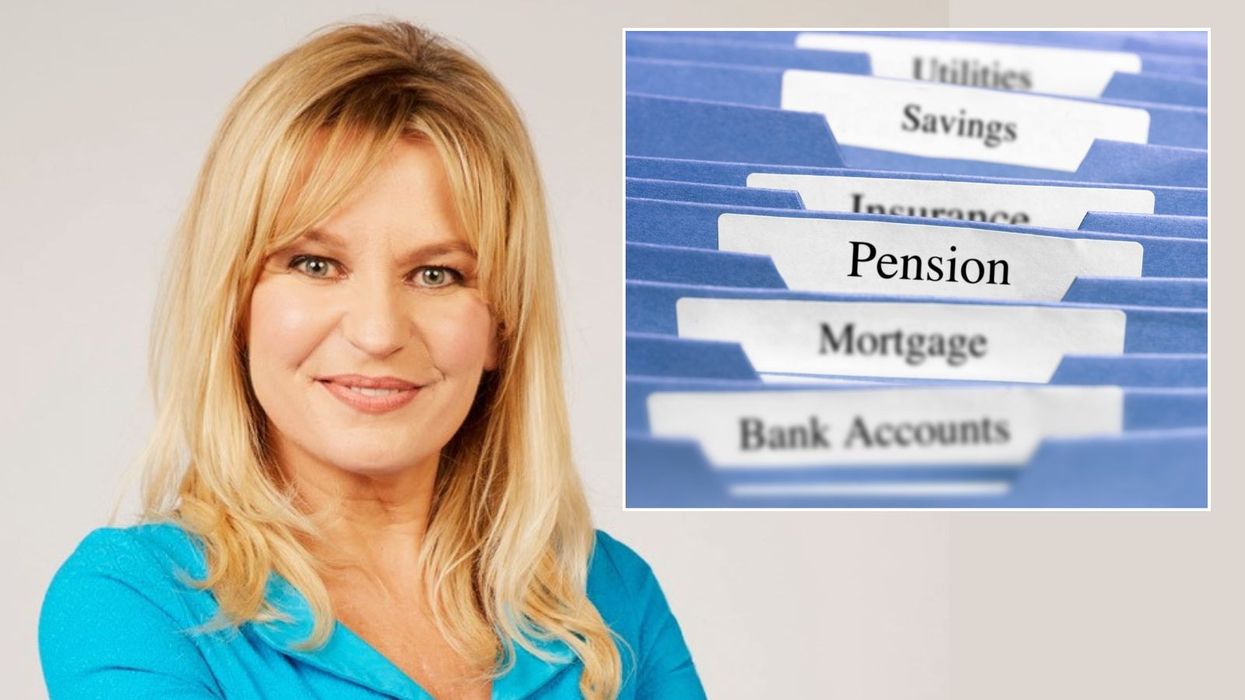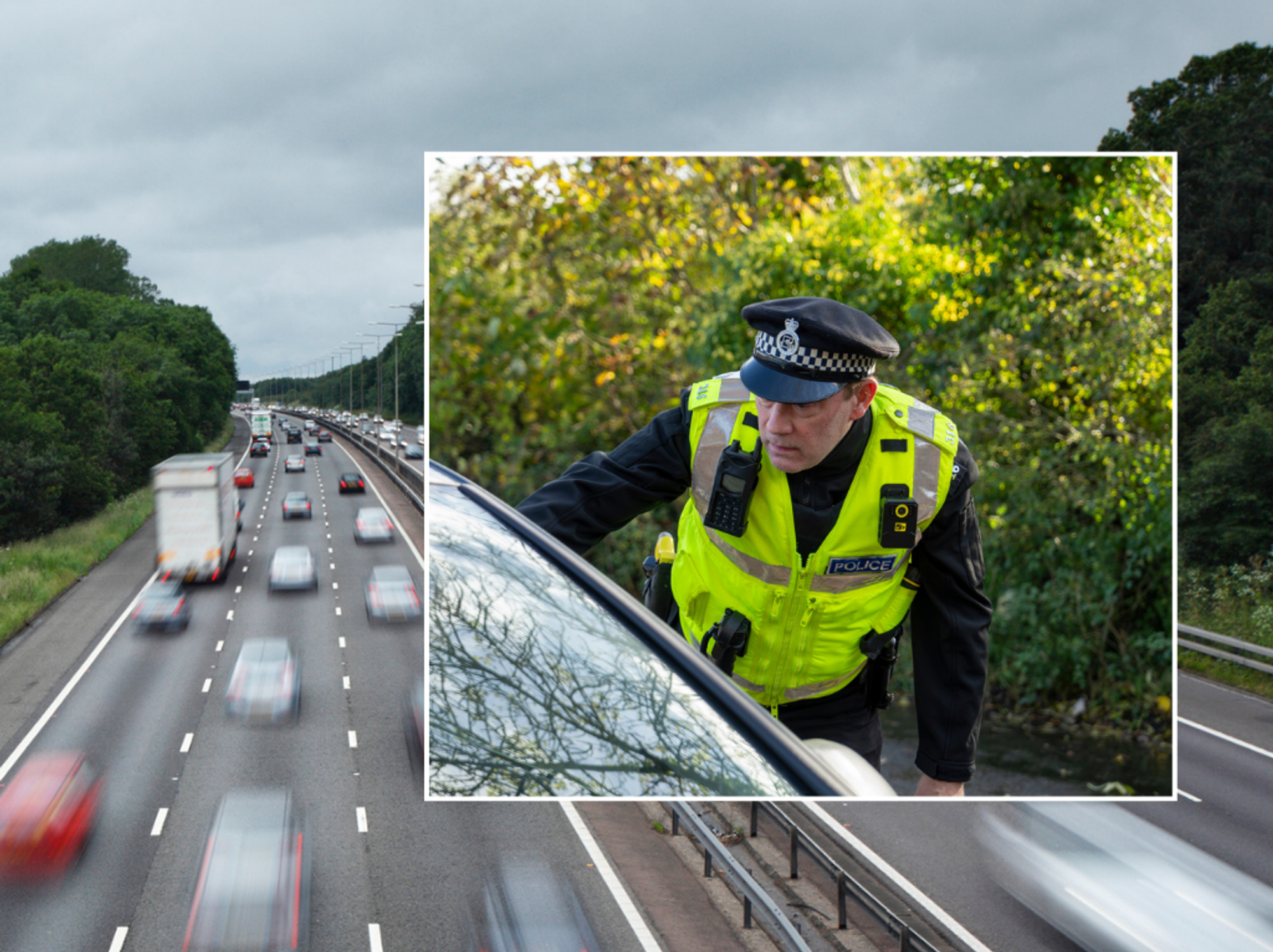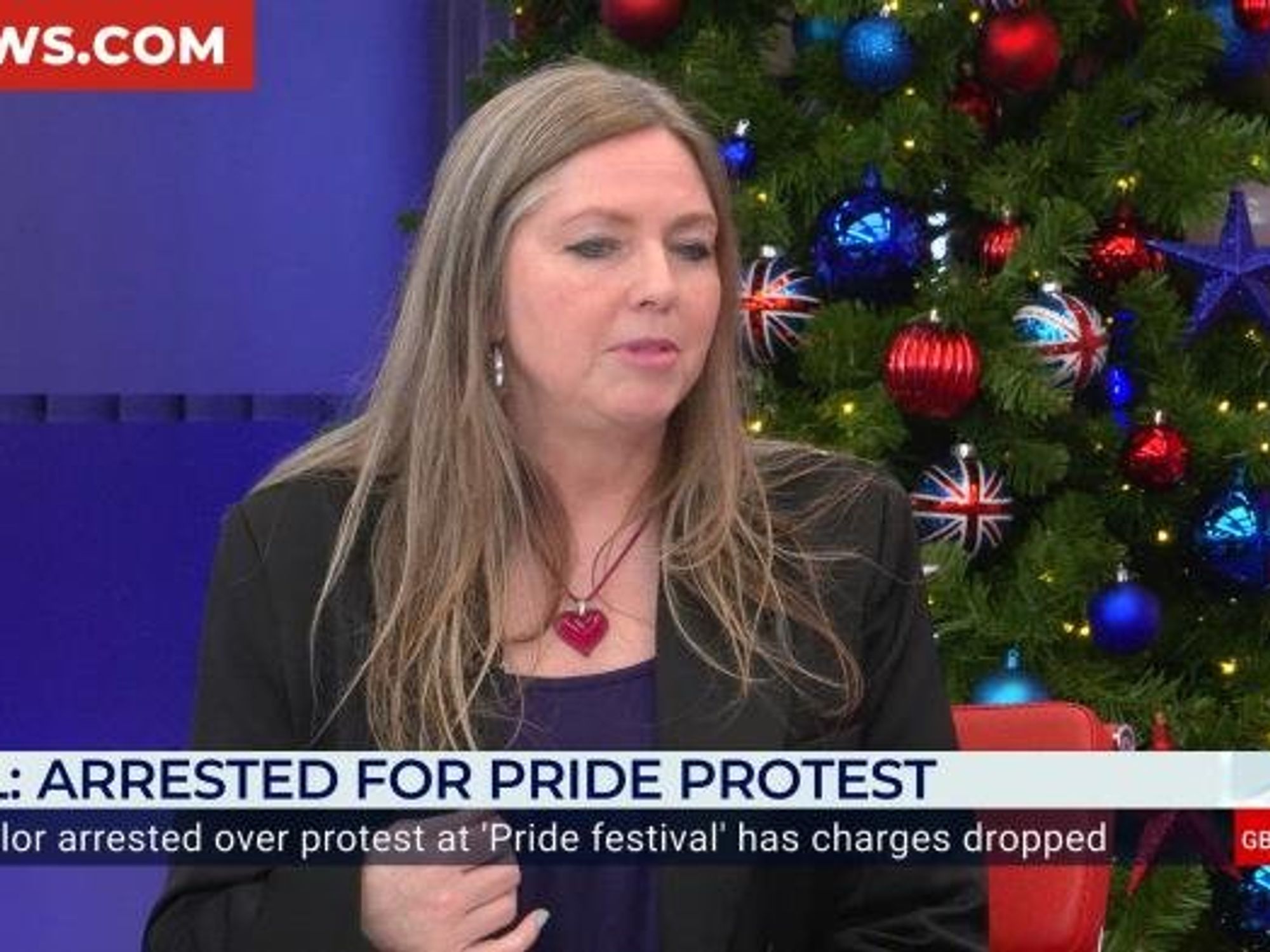'Stealth tax means I'm now taxed on my savings - how do I declare it?' Jasmine Birtles answers your questions

Jasmine Birtles is sharing her expertise on pensions and retirement questions in an exclusive Q&A for GB News members
| JASMINE BIRTLES | GETTYIn this week's pensions and retirement Q&A, Jasmine Birtles explains the tax on interest earned from savings after a pensioner was dragged into the basic rate tax band
Don't Miss
Most Read
Latest
Money expert Jasmine Birtles is answering GB News members' pensions and retirement questions in our exclusive Q&A. Submit your question by emailing money@gbnews.uk.
Question: "I have put £35,000 in an ISA paying five per cent and realise that I will now have to pay tax as it is over £1,000 interest. It has not done this before.
"I am already a taxpayer due to my state pension and workplace pension being over the personal allowance.
"I also have two stocks and shares ISAs and they don't usually make £1,000 between them.
"Can you tell me how to go about declaring the tax to HMRC? I have never filled in a tax form before as I always worked in local government.
"I'm considering withdrawing some of the money so it doesn't take me over the tax limit."
Jasmine replies: The tax on savings interest over £1,000 is outside of ISA savings.
So any money you make within an ISA of any sort does not incur tax. Good news huh?!
Any money you have in a Cash ISA (and I’m guessing from your description that this is what it is) can make as much interest as you like and you still don’t have to pay tax on it.
Even if you were making £5,000 a year on it, you would not have to pay any tax on it.
This is the same with stocks and shares ISAs - you mention that you have one of those as well - and any other type of ISA including Junior ISAs and IFISAs.
This is the point of ISAs: unlike pensions, you don’t get any tax rebate on the money you put in but the money you take out, including any interest or gains you have made on your initial investment, is not taxed.
This is why it’s a good idea to max-out your ISA investments if you possibly can.
Currently, UK citizens are allowed to put up to £20,000 per tax year into ISA products.
So well done! You have made money on your investments and you won’t have to pay tax on it!
You should certainly not withdraw any of the money, unless you need it right now.
When it comes to ordinary savings accounts that you have outside of ISA wrappers, you do, as you say, have to pay tax on the interest you make on those once you have made more than £1,000 in one tax year (April 6 to April 5).
LATEST DEVELOPMENTS:

A pensioner is worried she would need to pay tax on her savings now her pension income has exceeded the personal allowance
|GETTY
You will either pay that through your tax code or through your Self Assessment tax return form, depending on your situation.
If you are receiving a pension or you are employed, you will usually have your tax for savings collected automatically by HMRC through your tax code. Banks and building societies report their customers’ interest earnings to HMRC at the end of every tax year.
If you are not on a pension or employed, the banks still tell HMRC and they will let you know if you need to pay tax on it. Usually that is done through your Self Assessment form.
There is information on the Government’s Gov.uk website on the Self Assessment form so take a look at the instructions there on how to fill in the form.
If you’re not sure if you need to fill in a Self Assessment form or not, you can use this tool to work out if you need to fill one in or not.
Jasmine Birtles is founder of the money and investment site MoneyMagpie.com.










